Reportage

Chief of Army Staff General S M Shafiuddin Ahmed. Photo: Collected
Chief of Army Staff General S M Shafiuddin Ahmed on Thursday said Bangladesh Army is doing everything in contributing to achieving Bangladesh's foreign policy and helping the country become a Sonar Bangla as dreamt by Father of the Nation Bangabandhu Sheikh Mujibur Rahman.
"It is our duty to defend our motherland, to maintain sovereignty of the country and we remain prepared for that. We are doing everything," he said.
The army chief made the remarks while speaking at a seminar titled "Defence Diplomacy: Strategy for Bangladesh" hosted by the Bangladesh Institute of International and Strategic Studies (BIISS) at its auditorium.
Mentioning Bangabandhu's foreign policy dictum "Friendship to all, malice towards none" he said they are doing everything to implement this foreign policy
"Diplomacy is nothing but an effort to achieve national interest in any form," said the army chief, putting emphasis on sustained economic growth with maintaining national security.
He mentioned how the army, in aid to civil power, is doing a lot of nation building activities, disaster management efforts at home and abroad and doing some internal security duties.
The army chief said wherever there is an opportunity, whether it is told and untold, they take the opportunity and do everything for the benefits of Bangladesh.
Talking about military diplomacy, he said they need to enhance the capability by putting in more resources and budget. "We know how to do it but we should have that capability to do it."
Regarding the Myanmar issue, the army chief said some of the military leaders in Myanmar are facing international sanctions and there is a risk of putting themselves in trouble.
"To make one friend happy, we cannot antagonize another. There are dynamics that we have to look into. Practical connotation has also been taken into consideration. We are doing our best and we are on the right track," he said.
General Shafiuddin said they have indigenously produced some remotely operated vehicles which are good innovations for Bangladesh Army. "Thus, we are saving a lot of foreign currency as earlier we needed to import these equipment."
He said military persons not only learn how to fight a war but also know how to prevent or avoid any war to achieve the national interest. "We are on the right track and we will not be failing in discharging our duties."
At the same time, General Shafiuddin said they never forget the main role of military forces which is to protect the sovereignty of the country and they should be ready in doing that.
He said intention can change overnight but capability does not change overnight. "You are my friend today but what happens if you are not my friend tomorrow? We should be capable of defending our national interest, our motherland but the main foreign policy dictum says every tone for us."
BIISS Chairman Ambassador AFM Gousal Azam Sarker and its Director General Major General Md Abu Bakar Siddique Khan, among others, spoke.
Chief of General Staff, Bangladesh Army Lieutenant General Waker-Uz-Zaman was also present in the seminar.
Dr ASM Ali Ashraf, Professor, Department of International Relations, University of Dhaka, spoke on "Evolving Notion of Defence Diplomacy and its Role in Achieving Foreign Policy Goals"; ASM Tarek Hassan Semul, Research Fellow, BIISS, talked about "Growing Geopolitical Competition: Challenges and Opportunities of Defence Diplomacy for Bangladesh"; Major General (Retd) Main Ullah Chowdhury, former Deputy Force Commander, United Nations Mission in South Sudan (UNMISS) and A/FC, United Nations Mission for the Referendum in Western Sahara (MINURSO), discussed on "Defence Diplomacy in United Nations and Other Overseas Missions: Horizon to Explore" and Air Vice Marshall (Retd) Mahmud Hussain, Distinguished Expert, Bangabandhu Sheikh Mujibur Rahman Aviation and Aerospace University (BSMRAAU), and former Ambassador, Brunei, made a presentation on "Existing Practices of Defence Diplomacy and Future Directions: The Case of Bangladesh".
There was an open discussion session followed the presentations.
The speakers and discussants, during the open discussion session, noted that defence diplomacy has emerged as an effective diplomatic instrument and mechanism for crisis prevention to further a country's diplomatic ties vis-à-vis promoting its foreign and security policy objectives.
From Bangladesh's perspective, defence diplomacy is regarded as an important mechanism for using armed forces in a non-coercive manner that helps to attain the country's national interests and foreign policy goals, they said.
They also said that participation in the United Nations (UN) Peacekeeping missions - a form of defence diplomacy- is an avenue for Bangladesh to demonstrate its commitment towards global peace and stability as well as enhance its importance and influence worldwide.
The speakers mentioned that the concept and appeal of defence diplomacy are evolving in the diplomatic arena of Bangladesh.
Senior officials from different ministries, high officials from embassies and high commissions, former diplomats, senior civil and military officials, media, academia, researchers, faculties and students from various universities, and representatives from international organisations participated in the seminar and enriched it by presenting their valuable questions, opinions, comments, suggestions, and observations during the open discussion session.










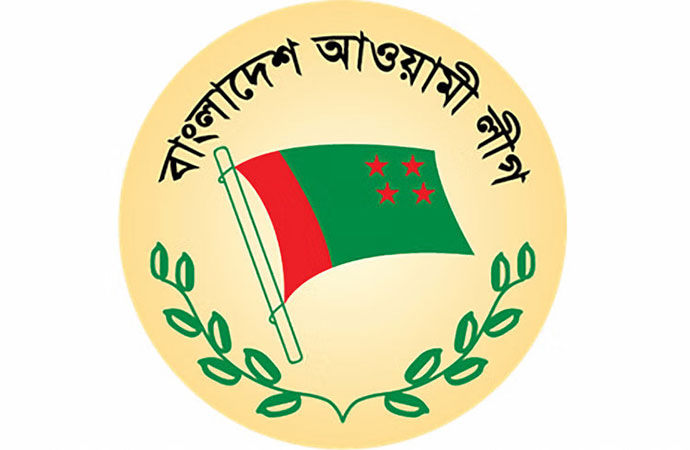








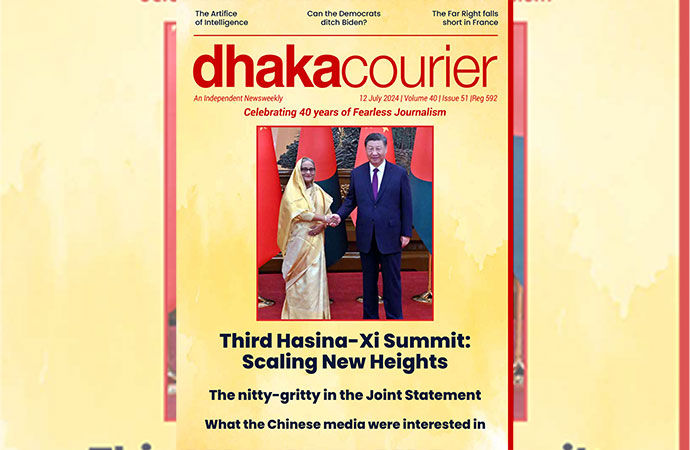
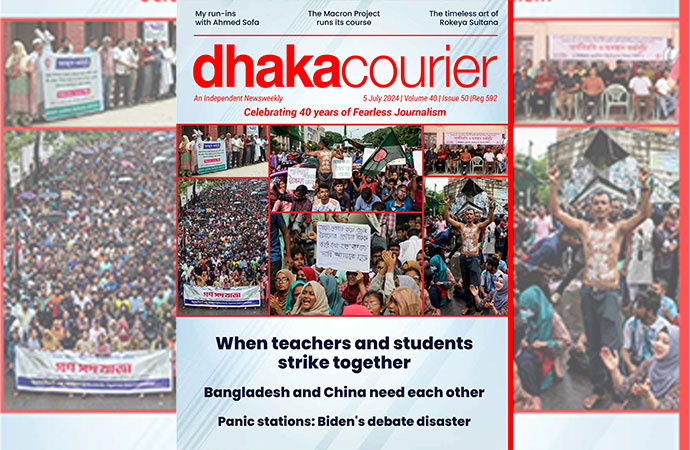
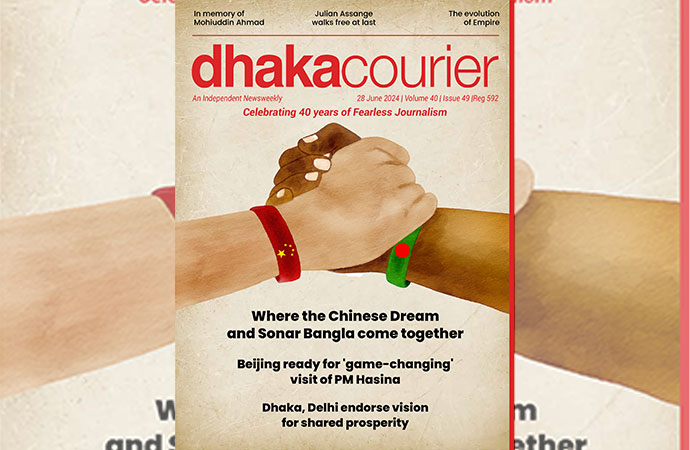
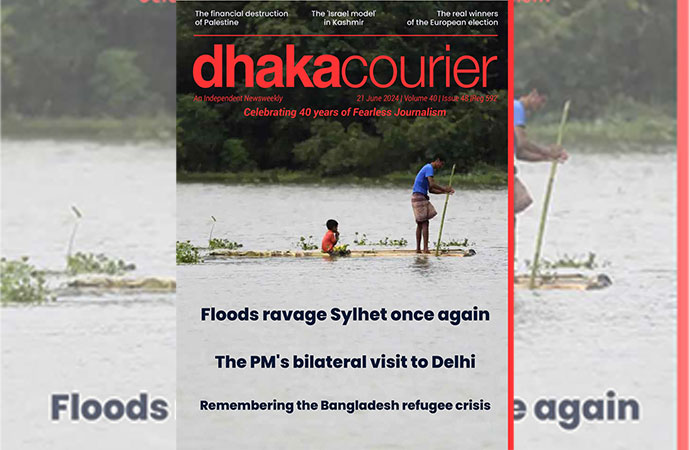
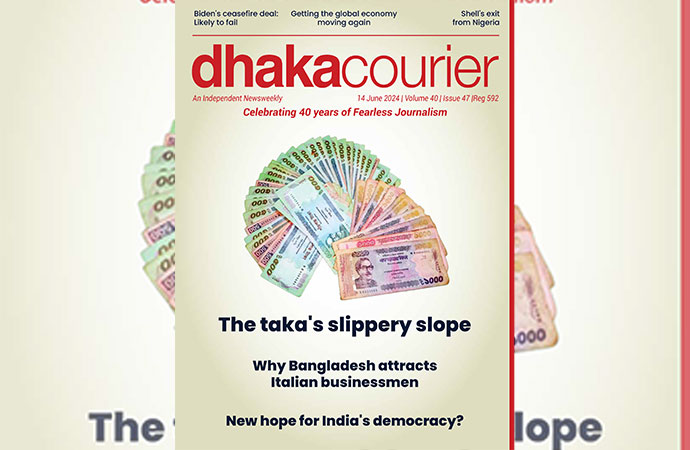
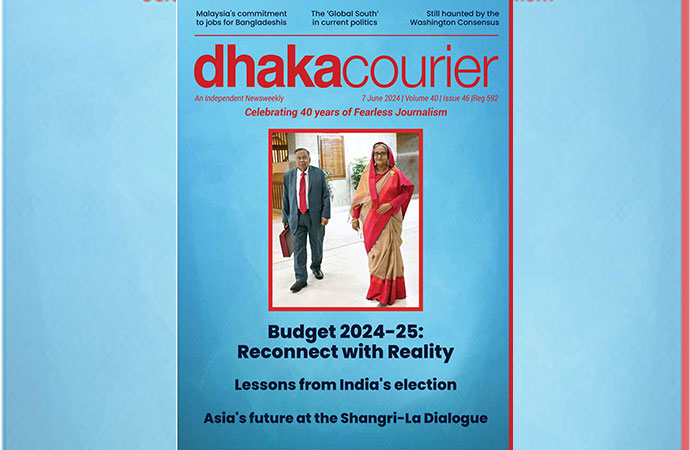
Leave a Comment
Recent Posts
How China's reform benefit the ...
"It's very clear that China has entered a new era under Presi ...
How do we heal?
After the unprecedented violence of the past two weeks, the most impor ...
The High Court fixed July 25 for delivering verdicts
Biden’s legacy: Far-reaching accomplishments that di ..
US President Joe Biden dropped out of the 2024 race
“A kiss over bribe”: Nachiketa’s social message to D ..